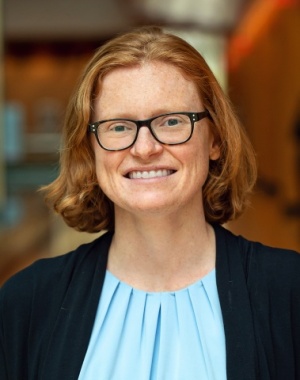
An Evidence-Based Path to Expanding High-Quality Pre-K in Michigan
Most of the eventual, large income-based disparities in student achievement are in place on the first day of kindergarten. Research is clear that high-quality prekindergarten (Pre-K) is one of our most effective tools for narrowing these early gaps and putting all children on a path to school and life success. In many respects, Michigan is already a national leader in providing state-funded Pre-K to children from families with low incomes and those with other qualifying factors. However, in Michigan as across the nation, too many families are shut out of high-quality Pre-K due to costs and limited supply.
As the State of Michigan seeks to offer universal Pre-K (UPK) to all Michigan 4-year-olds, we provide analysis of the current early learning landscape in the state, and we offer evidence-based recommendations to inform scale-up. This policy brief represents a Michigan-specific path forward based on our book, Cradle to Kindergarten: A New Plan to Combat Inequality. It draws from our team’s years-long engagement in several other states and cities similarly seeking to move their early learning systems forward, as well as interviews with leaders in Pre-K systems in 10 other localities.

Key findings
- Nearly 60 percent of Michigan 4-year-olds are not enrolled in publicly funded Pre-K and 40 percent do not attend any kind of formal Pre-K program.
- All public Pre-K options in Michigan are targeted based on child and family characteristics.
- Access to any kind of Pre-K varies widely across the state, with substantial access gaps evident in every region of Michigan. We provide interactive maps that highlight this regional variation: myumi.ch/DwEZ4.
- Michigan ranks in the bottom 10% of states in providing inclusive preschool services to children with disabilities. Advancing a universal pre-K program that serves all children will require policy changes to promote inclusion.
- Teachers in the state’s Pre-K program pay a substantial penalty to teach Pre-K relative to their K-12 peers, amounting to an average of $17.5K less per year for state Pre-K teachers in public schools and $25K less per year for those in community-based programs. Benefits also substantially lag K-12.
- Michigan’s state Pre-K program has a solid blueprint for quality already in place, via provisions such as coaching for all teachers and a BA minimum for Pre-K teachers. However, adjustments are needed to align the teaching and learning model with the best science of early education. These adjustments include using evidence-based curricula and exploring alternative assessment options.
